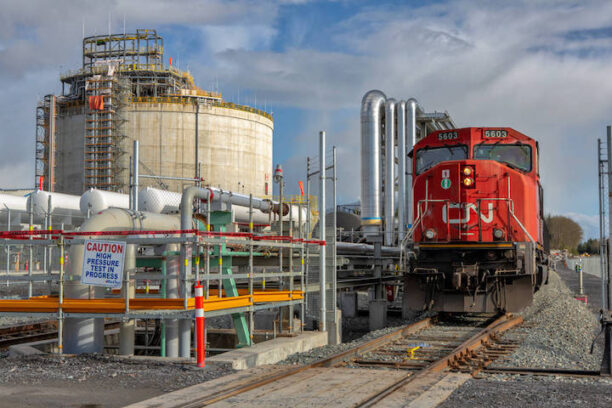Managing Challenges in International Propane Markets
Entering and thriving in international propane markets poses a unique set of challenges. From regulatory compliance to cultural differences, businesses must navigate many complexities when expanding their operations beyond their own borders. This article discusses key strategies to manage these challenges well and to effectively succeed on a global scale. 1. Understanding Local Regulations Each… Continue reading Managing Challenges in International Propane Markets
Entering and thriving in international propane markets poses a unique set of challenges. From regulatory compliance to cultural differences, businesses must navigate many complexities when expanding their operations beyond their own borders. This article discusses key strategies to manage these challenges well and to effectively succeed on a global scale.
1. Understanding Local Regulations
Each country has its own regulatory environment governing the import, storage, and distribution of propane. Companies must thoroughly understand and comply with these regulations to avoid legal issues and fines. Partnering with local experts can provide invaluable insights and guidance.
2. Market Research
Before entering a new market, comprehensive research is essential. This includes understanding local demand, customer preferences, and the competitive landscape. Market research can inform product offerings, pricing strategies, and advertising approaches tailored to local needs.
3. Supply Chain Logistics
Managing logistics in international markets can be complex, involving long-distance transportation, customs clearance, and local delivery challenges. Developing a robust logistics strategy, possibly with local partnerships, is crucial to ensure timely and cost-effective delivery.
4. Currency Fluctuations
Currency exchange rates can significantly impact the profitability of international operations. Businesses need to develop financial strategies to mitigate risks associated with currency fluctuations, such as hedging or setting up local financial operations.
5. Cultural Sensitivity
Understanding and respecting cultural differences is critical when operating in international markets. This affects everything from marketing campaigns to customer service and negotiation styles. Training staff to be culturally aware can do much to enhance relationships and business dealings.
6. Building Local Relationships
Strong local relationships can be the key to success in international markets. Building networks with local businesses, governments, and other stakeholders can facilitate smoother operations and provide critical support in navigating local challenges.
7. Adapting Marketing Strategies
Marketing strategies that work in one country may not be effective in another due to cultural and economic differences. Adapting marketing messages to align with local values and communication styles is essential for connecting with new customer bases.
8. Political and Economic Stability
International markets can be affected by political and economic instability, which can disrupt business operations. Continuously monitoring the political and economic climate and having contingency plans in place is vital for managing such risks.
Turning Challenges into Growth
Effectively navigating the challenges of international propane markets requires thorough preparation, local knowledge, and adaptive strategies. By understanding local regulations, managing supply chain logistics, being culturally sensitive, and building strong local relationships, businesses can successfully establish and grow their international propane operations.

